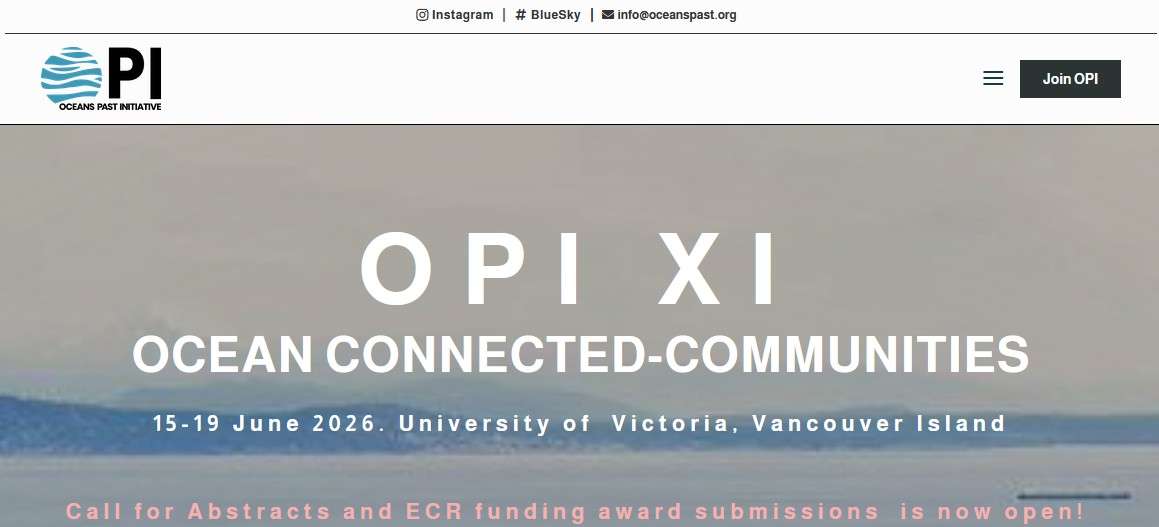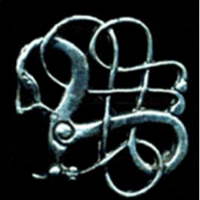Reading Time: < 1 minute


From the NABO calendar:

Oceans Past Initiative XI: Ocean Connected Communities
Oceans Past Initiative XI: Ocean Connected Communities 15-19 June 2026. University of Victoria, Vancouver Island The Oceans Past Initiative connects scholars and practitioners interested in [...]

ESSAS 2026 in Reykjavik
ESSAS 2026 in Reykjavik, Iceland 2026 Annual Science Meeting Borealization: Subarctic and Arctic Marine Systems in Transition ESSAS (Ecosystem Studies of Subarctic and Arctic Seas) [...]
Powered by Events Manager
Image Credits:
- The_Hunterian_Museum_Glasgow-cropped: Wikimedia Commons | CC BY-SA 4.0 International

